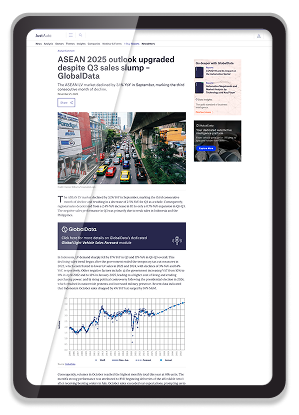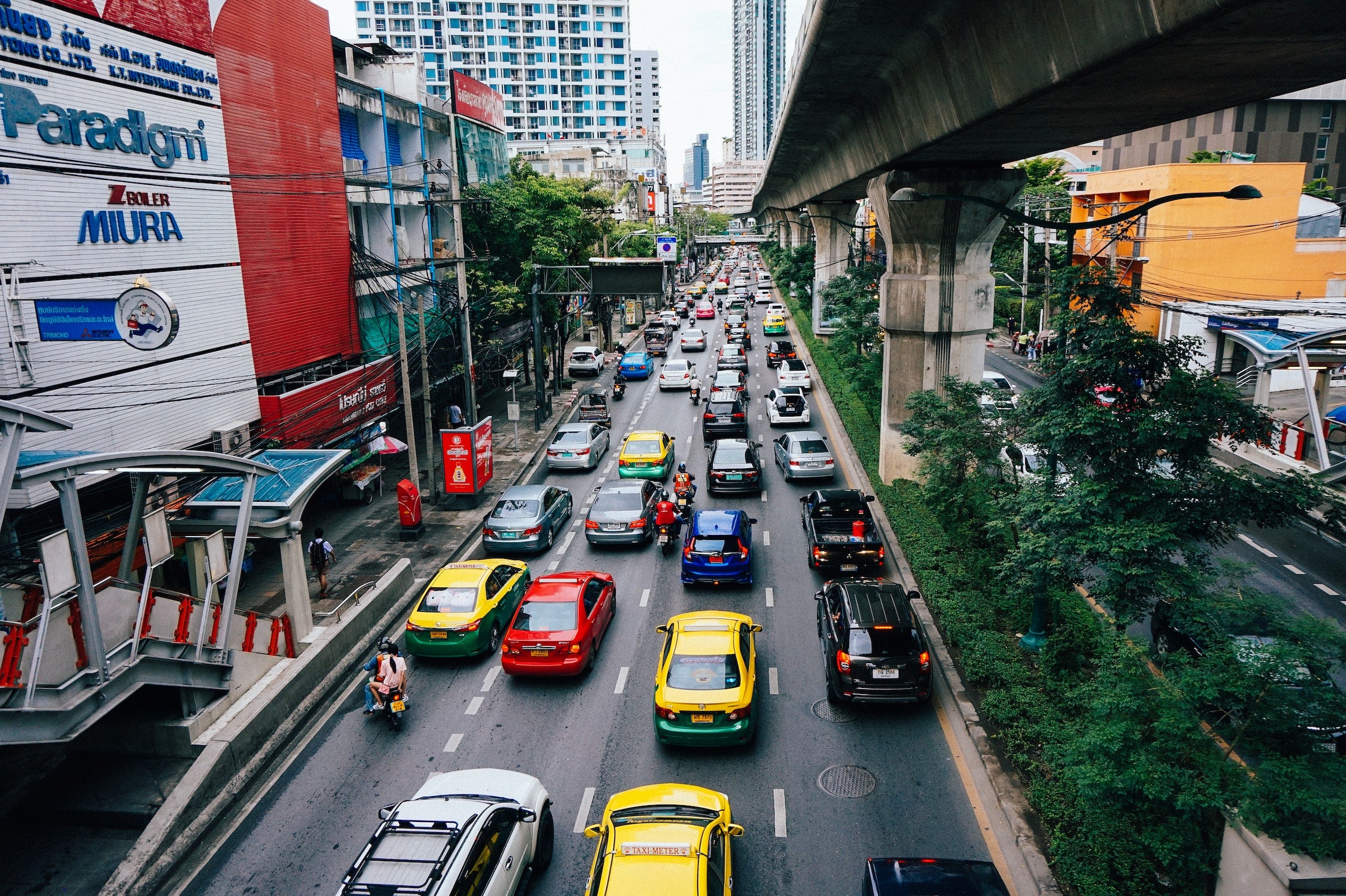Unlock FREE Access to Premium Content
Get exclusive forecasts, analyst insights, EV/powertrain outlooks, and trend analysis—free with your profile.
With a free Just Auto profile, you can:
- Access locked analyst commentary
- View premium forecasts & data-driven insights
- Track EV, powertrain, and model trends
- Receive alerts when new premium content is published

Unlock free access
Already have an account? Login herePowered by





